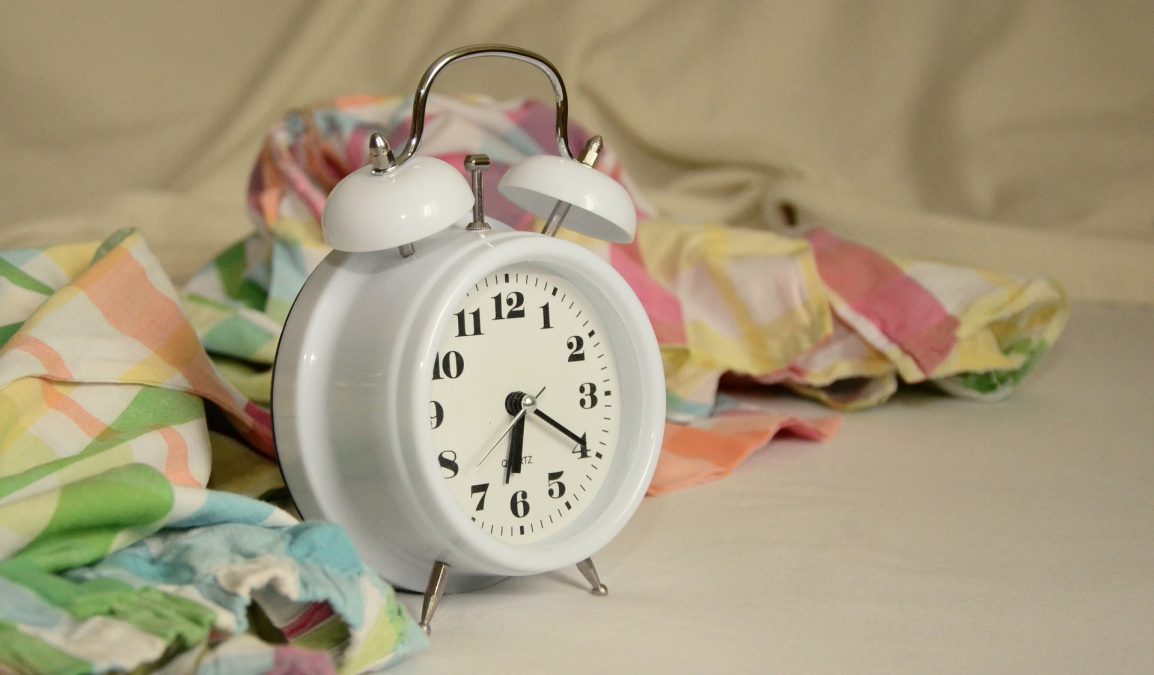Sleep issues are often blamed on things like consuming caffeine before bedtime or using electronic devices that emit blue light, which may affect sleep patterns. However, several other less-obvious causes may be at play. Below are some of the more surprising things that can keep you up at night.
1.) The Quality of Your Sleepwear
If you’re like most people, you probably have a set of clothes that you prefer sleeping in. While ratty old t-shirts and boxers seem to be enough for a lot of people, studies show that investing in quality sleepwear can make a huge difference in how quickly and deeply we sleep.
However, it’s worth noting that not all commercially-available sleepwear is made alike. Sleepwear is sometimes problematic as they’re often designed for fashion rather than function. Whatever kind of women’s sleepwear you choose, make sure they’re cut to allow a full range of movement and are made from materials that allow your skin to breathe.
2.) Anxiety Disorders
Anxiety disorders are a serious class of mental health conditions that are often associated with poor sleep quality. Even something as innocuous as an argument with a spouse or a child in the morning could affect sleep quality at night.
One-time events that cause mild anxiety are probably — for the lack of a better phrase — nothing to worry about. However, if sleeplessness due to anxiety occurs several times a month, then it may be time to address the issue directly. Constant anxiety might be a sign of a mental health disorder, which can have repercussions not just on your sleep but your physical health as well.
If you feel that you have problem sleeping because of anxiety, please seek help from a qualified psychiatrist.
3.) Shift Work
Humans have evolved over millions of years to use ambient light to set our internal clock. The widespread adoption of bright artificial light is only a relatively recent phenomenon that came with the spread of electrification in the late 19th century. As such, artificial lighting has dramatically altered our sleep stages.
Usually, this isn’t such a problem, so long as you put the lights out at night and sleep as usual. However, this isn’t an option for people working odd hours. The presence of bright lights when we’d normally be asleep can put our body clocks out of sync, lengthening the onset of sleep and preventing truly restful deep sleep.
4.) Lights from Bedroom Devices
Lights aren’t just a problem for people doing shift work either. The tiny status lights of devices in your bedroom may be enough to prevent you from getting the quality sleep you need.
The ubiquitous white, green, and blue LEDs commonly used as indicators on contemporary devices are, by, far worse offenders than the comparatively dimmer red lights that were common in previous decades. Additionally, most of us have more tech in our rooms than we ever did before.
The lights don’t necessarily have to be blindingly bright to be a problem either. Enough of them glowing in your room can prevent you from getting quality sleep, even if you don’t realize it at first.
Thankfully, mitigating the problem is easy. You can use tape or a permanent marker to block the lights out entirely or slightly dim them out as needed.
5.) Ambient Noise
As with LED lights, ambient noise isn’t an obvious issue at first. After all, most of us can fall asleep with some noise going on in the background. However, like artificial lighting, loud ambient noises from road traffic and machinery are a relatively recent addition to the wider human experience. Even if you do find yourself falling asleep, loud ambient noises can prevent the quick onset of sleep and reduce its overall quality.
Depending on the situation, soundproofing your bedroom can be a complex and potentially expensive undertaking. You can still, however, do a few things that can improve ambient noise levels. Using heavier blackout curtains and improving your door and window insulation will not just help keep most outside noises out of your bedroom, it can reduce your energy bills as well.
6.) Spicy Foods
Caffeine, drugs, and prescription medications are not the only substances that will keep you up at night. Eating spicy foods close to bedtime when you’re not used to them can stress out your digestive system without you even realizing it. Capsaicin, the chemical compound that gives peppers their characteristic heat, may interfere with the body’s temperature regulation, making it difficult to get quality shut-eye.
7.) Pets on Your Bed
This isn’t universal by any means. Some people do sleep better when they’re next to their pets. However, those with allergies to pet dander should reconsider. These allergies can cause low-level breathing difficulties that make it all but impossible to get truly restful sleep. Even if you don’t have allergies, the movements of pets at night might also jolt you awake and interfere with your sleep cycles. In these cases, you definitely should consider banning your pet from your bedroom, or at least, your bed.
These are just some of the less-obvious things that may cause sleep issues. While sleep disorders may sometimes be complex and difficult to treat, thankfully there are several things that most of us can do that will help us fall asleep deeper and faster. If all else fails, it may be time to see a psychiatrist or a sleep specialist. Good luck, and good night!

